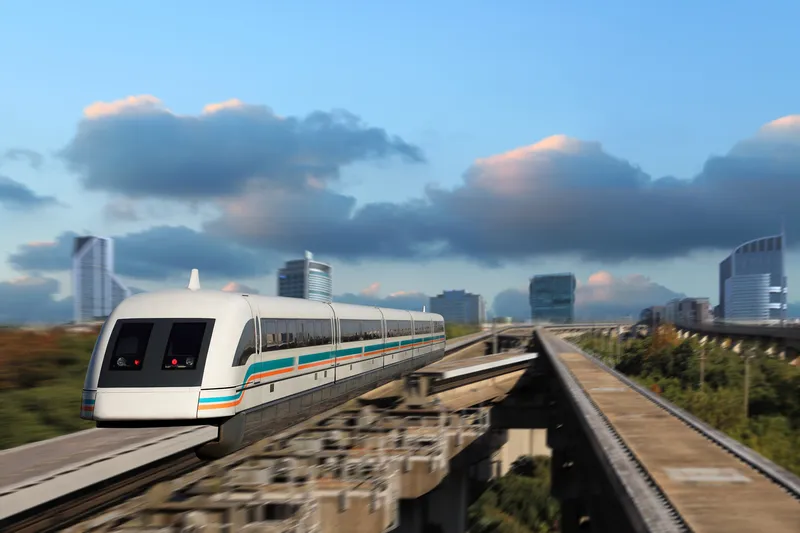An important and significant step on the road to construction of a railway line to Eilat has been announced. Israel and China began initial negotiations for the possible construction, via the Chinese government, of the t railway line that will transport passengers and cargo from Eilat to the centre of Israel.
July 16, 2012
Read time: 2 mins
RSSAn important and significant step on the road to construction of a railway line to Eilat has been announced. Israel and China began initial negotiations for the possible construction, via the Chinese government, of the t railway line that will transport passengers and cargo from Eilat to the centre of Israel.
Negotiations between the two countries were made possible by a transportation and infrastructure cooperation agreement signed in Beijing between the Minister of Transport, National Infrastructure and Road Safety, Israel Katz, and his Chinese counterpart Li Shenglin.
The Chinese proposal will include a plan for execution of the project as well as financing solutions, via the national EXIM bank that belongs to the Chinese government. The plan includes construction of double railway tracks from Zin to Eilat, that will be about 170 kms long. The route includes 63 bridges, totalling 4.5 kms, and five tunnels totalling 9.5 kms.
The Minister of Transport said that this is the first time that the Chinese wish to be involved in large transportation projects in Israel and to assist in their financing.
He said the Chinese have also expressed great interest in the construction of the tunnel port in Eilat, a project that is currently under examination by the Ministry of Transport.
According to the agreement, the Israel National Roads Company will be responsible on behalf of the Ministry of Transport for implementing the Memorandum of Understanding, and the company responsible from the Chinese side will be the Chinese Infrastructure and Transport Company, the largest governmental company in China, and it employs 112 thousand workers.
Negotiations between the two countries were made possible by a transportation and infrastructure cooperation agreement signed in Beijing between the Minister of Transport, National Infrastructure and Road Safety, Israel Katz, and his Chinese counterpart Li Shenglin.
The Chinese proposal will include a plan for execution of the project as well as financing solutions, via the national EXIM bank that belongs to the Chinese government. The plan includes construction of double railway tracks from Zin to Eilat, that will be about 170 kms long. The route includes 63 bridges, totalling 4.5 kms, and five tunnels totalling 9.5 kms.
The Minister of Transport said that this is the first time that the Chinese wish to be involved in large transportation projects in Israel and to assist in their financing.
He said the Chinese have also expressed great interest in the construction of the tunnel port in Eilat, a project that is currently under examination by the Ministry of Transport.
According to the agreement, the Israel National Roads Company will be responsible on behalf of the Ministry of Transport for implementing the Memorandum of Understanding, and the company responsible from the Chinese side will be the Chinese Infrastructure and Transport Company, the largest governmental company in China, and it employs 112 thousand workers.










